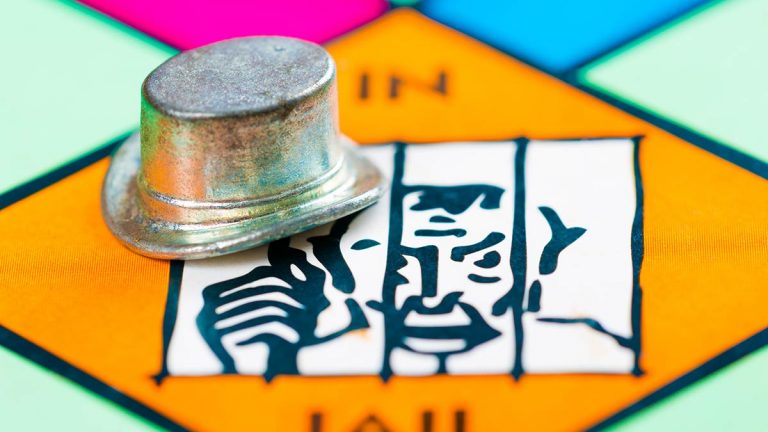Money can’t buy happiness, but in California, it can buy you a nicer jail cell. Several city jails have opened up their facilities to those who are willing to pay to escape more crowded, less comfortable situations. Quite naturally, this has sparked outrage and accusations of unfairness, favoritism, and a two-tiered justice system that favors the rich over the poor.
I should begin by saying that, in most situations, I don’t have a problem with people using their money to gain advantages. People with money get better education, better health care, better housing, better cars, and all around better lifestyles. That’s what money is for. If money can’t be used for those things, what good is it?
However, there is undeniably something disconcerting about the idea of a justice system that disproportionately punishes the poor. Equality under the law is a cherished American value, and the idea that the wealthy can ride out their sentences in comparative comfort, while the poor languish is dank, crowded cells rankles.
I think that part of the reason for this is a deeply ingrained feeling that justice is primarily about punishment, that is, the inflicting of discomfort on criminals. From this mindset, anything that improves the situation of prisoners is regarded as a miscarriage of justice, since they are not really “paying” for their crimes, where payment is defined in terms of the amount of suffering they undergo.
This leads me to wonder whether we’re thinking about the justice system in the right way at all. Should justice be concerned with meting out punishment or with making things right with the victims? Storing criminals in prison cells may provide some psychic satisfaction in the form of schadenfreude, but it must be confessed that it does little to help the victims of crime, restore their losses, or otherwise make them whole. In fact, it actually adds insult to injury by forcing victims to support the food and housing of criminals through their tax dollars. In addition, we end up with a two-tiered justice system where the poor are given worse punishments than the rich, which hardly seems fair.
Wouldn’t it make sense to rethink this system entirely?
There are other ways to deal with crime, the most obvious being restitution, the system wherein criminals compensate their victims or work off their debt. Of course, you can’t put a price on the death of a loved one, but surely some sort of recompense is preferable to nothing, which is what victims currently get.
Not only would this save taxpayers money and provide greater comfort for the victims, it would reduce the problem of convicts having difficulty reintegrating into society. Isolating someone in a prison for years makes it difficult for them to reenter society, which in turn increases the chances that they reoffend. Restitution causes no such problems.
Prioritizing restitution over punishment takes the emphasis off the criminal and places it on the victim, where it arguably belongs. And as long as the victim receives his recompense, there need be no concerns about preferential treatment under the law.
Justice should be about righting wrongs, at least to the extent it is possible to do so. Merely inflicting suffering on criminals serves little purpose except to satisfy bloodlust, which in turn does little to assist in the advancement of our civilization.
This article originally appeared on Conservative Review.














Add comment